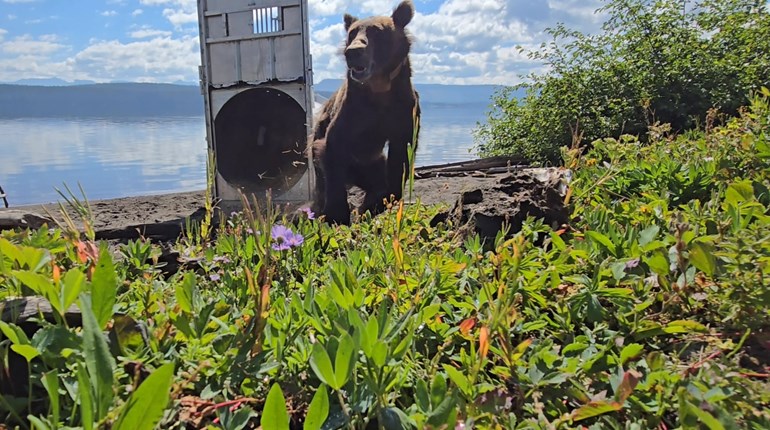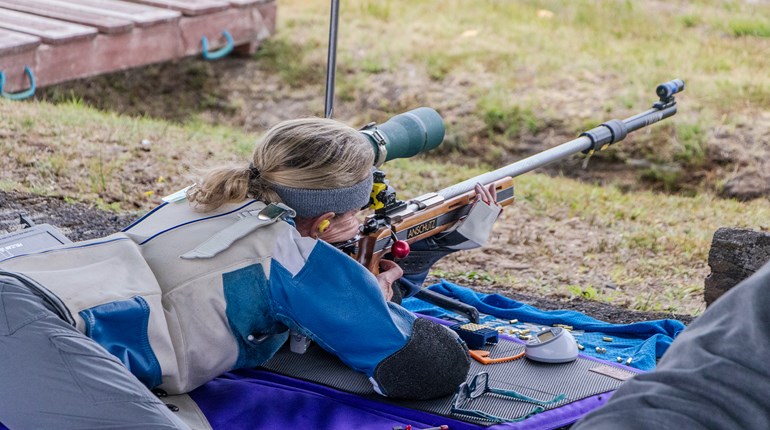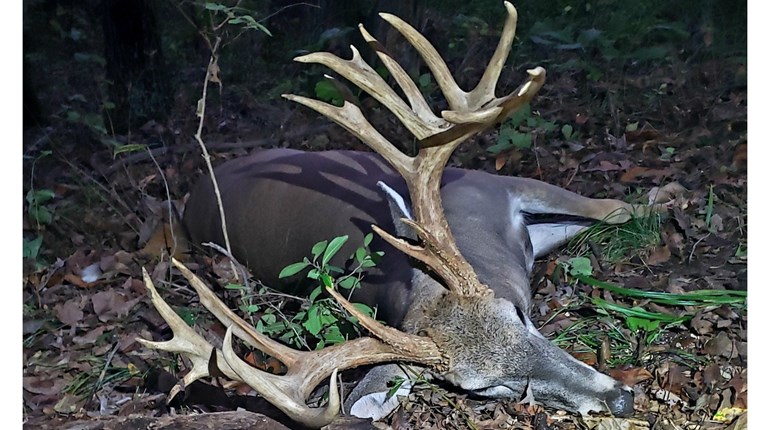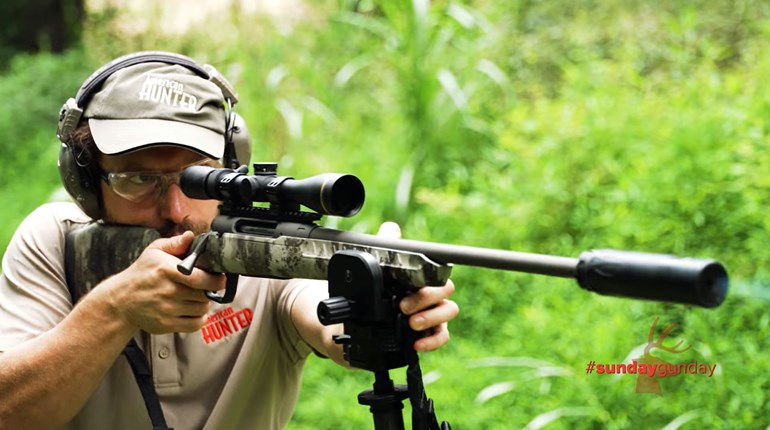
"A fed bear is a dead bear." That's one important rule of thumb, and two recent stories from Montana provide the sad evidence. Unfortunately, this applies equally to black bears and grizzly bears ... and Montana has both. It's true that grizzly bears do tend to be more aggressive than black bears, but all bears are potentially dangerous to humans and our pets under the right (or wrong) circumstances.
Just a few days ago (at the time of this writing), Montana's Fish, Wildlife & Parks (FWP) was forced to euthanize an adult male grizzly bear after a series of conflicts with chicken coops, garbage and other attractants near homes over the last month. The problems began when, in early August, the griz broke into a chicken coop searching for an easy meal. At first, FWP tried electric fencing, which they worked with citizens to install.
Sadly, although the bear was initially deterred by the electric fences, he kept hanging around looking for garbage, chicken food and coops. FWP worked with local residents to install electric fencing and secure other nearby attractants to prevent more conflicts.
The bear was deterred by the electric fencing, but still remained in the area, persistently looking for other attractants around homes. FWP then tried to trap and relocate the bear. He came back just a few miles away, still exhibiting the bold behavior that indicates it was conditioned to unnatural food sources. This is a habit that is very hard to break and causes human safety concerns, as bears actively pursue food and other attractants in and around homes, ranches and other occupied areas instead of returning to natural food sources.
Grizzly bears are protected under the Endangered Species Act, so after consultation with the U.S. Fish & Wildlife Service (USFWS), the FWP was authorized to euthanize the three-year-old male grizzly.
Black bears aren't endangered, nor are they as large as grizzlies, but they can absolutely be dangerous. Back in July 2024, Montana Fish, Wildlife & Parks trapped and euthanized a female black bear in southern Carbon County after multiple conflicts in the area this summer and last year. The bear repeatedly got into both secured and unsecured attractants such as garbage, approached people and spent significant time lingering near homes. Hazing efforts by FWP staff and residents were ineffective in motivating the bear to leave the area, so the sow was also euthanized.
You can help prevent these human-bear conflicts, which are just as dangerous to the bears as they are to us. People can help reduce the risk of bear conflicts by using electric fencing around small livestock. Pet and livestock food, garbage, compost, barbecue grills and bird feeders can also all be attractants and should be secured to help prevent bear conflicts.






































